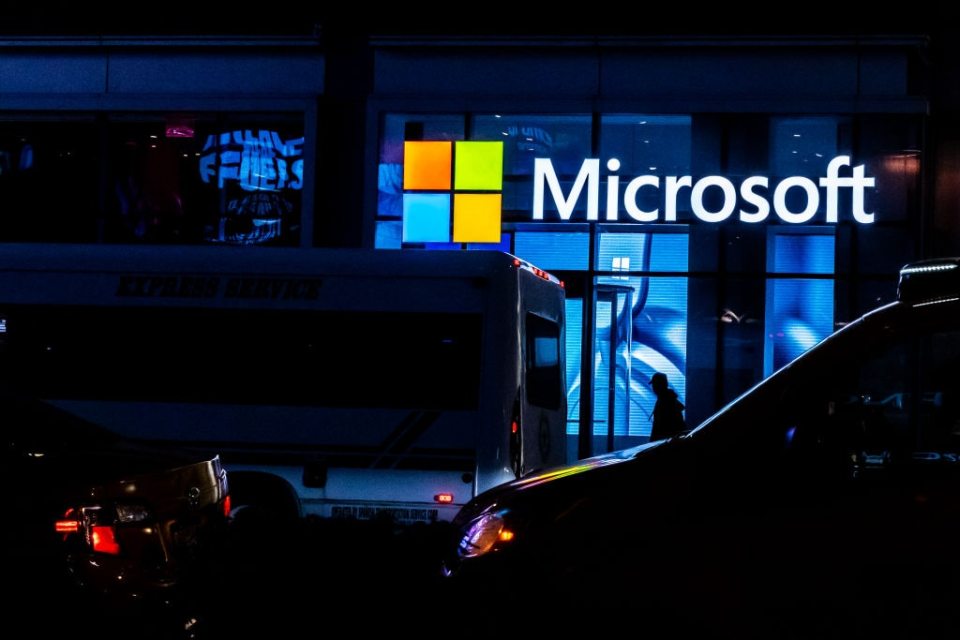Blocking the Microsoft and Activision deal leaves gamers – and the UK – out in the cold

On Monday, EU regulators approved Microsoft’s $68.7 billion acquisition of Activision Blizzard, leaving the UK and US alone in their choice to stall the deal.
In late April, the Competition and Markets Authority (CMA), citing damage to competition, decided to block the merger. The proposed acquisition, announced over a year ago, would give Microsoft ownership of popular titles such as “Call of Duty” and “World of Warcraft” while allowing consumers to play these and other games using any device they choose.
Echoing the US Federal Trade Commission’s concerns for the emerging cloud gaming market, the CMA has taken the strongest measures to prevent the takeover. It is unclear how consumers will be harmed — if at all — by an acquisition poised to make gaming more accessible and affordable. But the CMA’s 418-page report suggests that UK regulators based their decision on speculation, not the realities of cloud gaming.
Microsoft insists the deal would accelerate the growth of its gaming business across various types of devices, operating systems, and cloud streaming services. Typical video games are often purchased individually and require the use of expensive consoles, such as the £480 PlayStation 5. Conversely, cloud gaming services function much like Netflix and Hulu, allowing users with a subscription and internet connection to stream games. The cloud gaming industry is on the rise, with companies such as Amazon, Sony, and Nintendo entering the fray.
In its report, the CMA cites Google’s short-lived Stadia as one of the reasons why the Microsoft-Activision deal should not proceed. Regulators argue that Google’s cloud gaming service shut down because “there are significant barriers to entry and expansion,” which Microsoft’s deal would only fortify. But Stadia’s success did not depend on the comparative weakness of its rivals, nor was it stifled because of market barriers. In fact, Google said its service simply did not gain the “traction with users that [it] expected.” Furthermore, the tech company frequently discontinues projects, nixing products and services after only a few years of operation.
UK regulators went on to suggest that “Microsoft already appears to face limited competitive constraints” and that “withholding Activision’s content from rival cloud gaming platforms is particularly likely to harm competition now and in the foreseeable future.” There is no evidence that Microsoft intends to gate-keep Activision’s content. To the contrary, over the past few months, Microsoft has entered into agreements with competitors such as Ubitus, Boosteroid, Nvidia, and Nintendo, promising to keep popular titles accessible on other platforms.
Ultimately, UK consumers bear the brunt of the CMA’s actions. In order to comply with the CMA’s demands, Microsoft may simply create a modified version of its cloud gaming service. If this occurs, gamers residing in the UK will have an inferior, more limited service compared to consumers elsewhere.
If the decision to prevent the Microsoft-Activision deal stands, other companies should be wary about the prospect of growing and expanding in the UK. As noted by technology competition and intellectual property expert Florian Mueller, the CMA’s actions have strong implications for innovation because if a “regulator could just block a deal based on totally speculative concerns about a nascent market, many more mergers would have to be blocked.”
This is the second time the CMA has banned a high-profile technology merger and as Activision rightfully stated, the department is acting in ways that contradict the “ambitions of the UK to become an attractive country to build technology businesses.”
As the EU joins Japan, Brazil, and Chile in clearing the acquisition, it is even more evident that UK antitrust authorities have erred in their decision. Ultimately, the CMA is demonstrating the dangers of unfettered regulatory power and hurting UK consumers in the process.